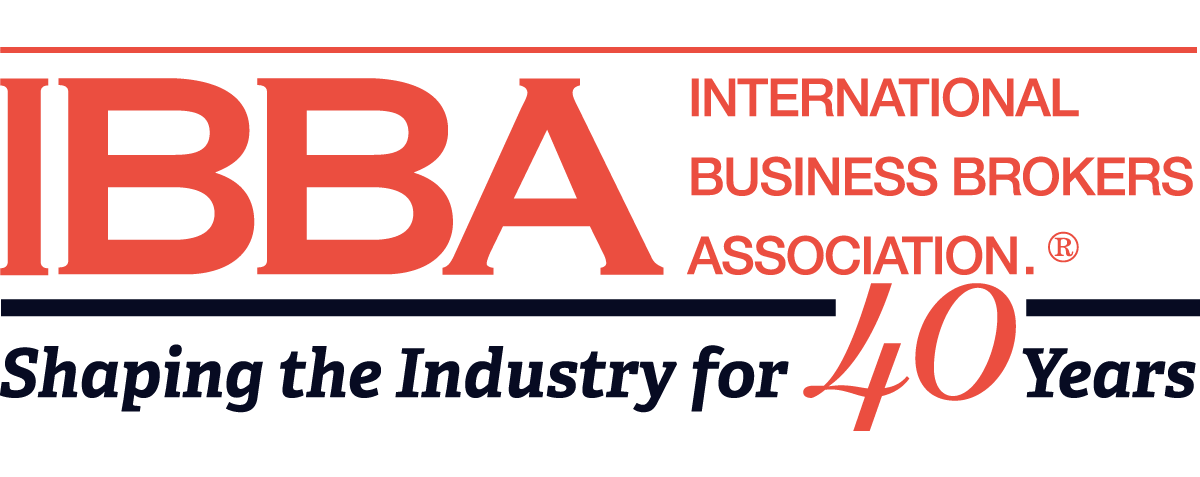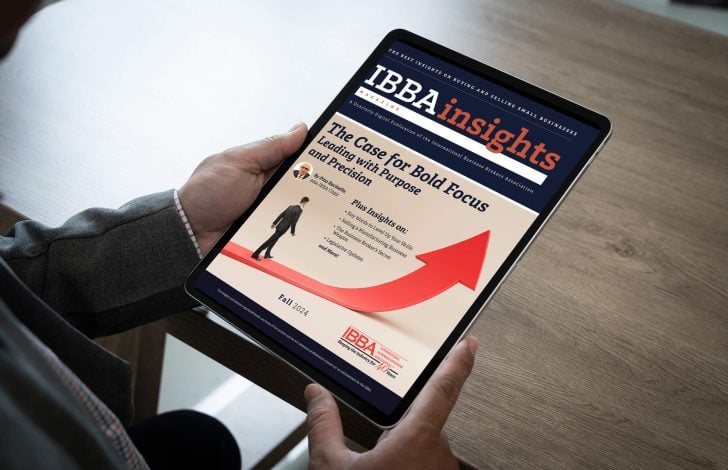We get a significant amount of questions on businesses with large amounts of inventory. More specifically, “how does inventory influence the value?” There are a lot of opinions on the subject, and keep in mind “pricing” and “valuation” are different; however, most professional business appraisers will agree that inventory is an operating asset. Should it be “added on” to a calculated value? The answer is (yes, you guessed it)…..it depends.
Income Approach
The typical income approach starts with an income stream (benefit) and a rate of return (capitalization or discount rate). In most cases, when using a traditional “net” cash flow approach, (net cash flow after taxes, working capital and capital expenditure requirements), a cap or discount rate is “built up” using publicly held data. The cap or discount rate used makes the assumption there is “normal working capital” (which would include inventory). Therefore, only excess working capital could be “added on” to a calculated value.
Market Approach

In calculating the market approach, the appraisers uses various databases to pull comparable transactions to extrapolate “price multiples”. There are a number of databases, however, the most popular include Bizcomps, PeerComps, Pratt’s Stats and the IBA Database. All databases except “Bizcomps” include inventory in their pricing multiples…..meaning, if using PeerComps, Pratt’s Stats, or IBA Database, you would never calculate a value and then “add on” inventory. You would only add on inventory using Bizcomps.
I searched for liquor stores in Bizcomps and found 146 transactions. The median multiple was 2.58x SDE. I did the same search on PeerComps and found 141 liquor store transactions with a median price to SDE multiple of 3.44. As you can see, PeerComps shows a much higher multiple, primarily because inventory is already included.
Excess Inventory
In either example (income or market approach), excess inventory can be “added on” to the calculated value. For instance, if a business is being sold during a seasonal period and inventory is $100,000 more than the average month, we could add the $100,000 to the calculated value. There are also times when owners take advantage of bulk buying for discounts or keep large amounts of inventory on hand for convenience. When appraising a company, we try to separate inventory into 3 categories….(1) normal operating inventory, (2) excess operating inventory, and (3) dead or obsolete inventory. Normal operating inventory is included in the calculated value, excess inventory is added on to the calculated value, and obsolete inventory is not included.
There are a number of rules of thumb for various inventory driven companies and most will say “plus inventory”. This is a pricing method, not valuation method. If using traditional valuation methodology, inventory will play a major role, but must be calculated and addressed correctly.
Steve A. Mize is the Managing Partner at GCF Valuation, Inc. and PeerComps, Inc. Steve is an accredited Senior Appraiser with an extensive background in business valuation. Please feel free to contact him with questions on this article or with any other business valuation questions.





